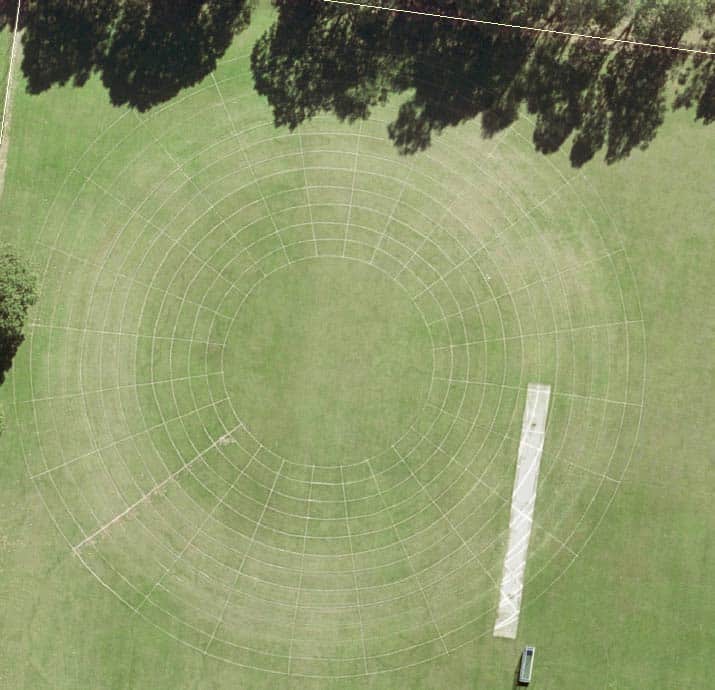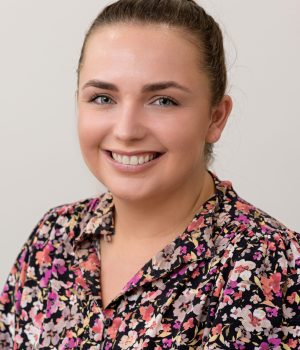

About HeartStart Cardiac Rehabilitation
HeartStart Cardiac Rehabilitation provides a comprehensive rehabilitation program supervised by our health professionals which follows recommended guidelines by the Australian Cardiac Rehabilitation Association (ACRA).
Program Information
HeartStart provides comprehensive rehabilitation programs supervised by our health professionals which follow recommended guidelines by the Australian Cardiac Rehabilitation Association (ACRA).
HeartStart has been providing cardiac rehabilitation services to the residents of Bundaberg and surrounding areas since 1990.
Our programs consist of Phase II (outpatient post intervention/diagnosis) and Phase III (maintenance) Cardiac and Heart Failure Rehabilitation which includes education, exercise and support to patients and their families recovering from cardiac intervention or living with heart disease or heart failure.
Phase II Clinical Rehabilitation programs involve patient assessment, supervised group-based exercise training, education, behaviour change, and psychosocial support. The aim of rehabilitation is to improve the physical and psychological condition of people with chronic cardiac disease and to promote the long-term adherence to health-enhancing behaviours. Exercise training is considered to be the cornerstone of rehabilitation. Standard rehabilitation comprises supervised group-based exercise sessions completed twice weekly over an eight-week period. Exercise participation may include supervised gym rehabilitation, supervised track walking, and home exercise prescription. Assessment consultations are completed before and after the program to accurately assess and monitor symptoms using validated clinical measurements and protocols.
Phase II Cardiac Rehabilitation participation is recommended after an acute coronary event, such as a heart attack (or myocardial infarct/MI), or intervention such as coronary stenting, or coronary bypass surgery. Phase II cardiac rehabilitation can reduce hospital readmissions and death within the first year after a coronary event. Cardiac rehabilitation reduces mortality, accelerates recovery, improves clinical outcomes (e.g. improved cholesterol, blood pressure), improves behavioural outcomes (e.g. exercise tolerance, smoking cessation), reduces repeat cardiovascular events and hospital readmissions, strengthens adherence to medication, and enhances mental health and quality of life.
Phase II Heart Failure Rehabilitation participation is recommended every 12months for symptomatic patients, who have a confirmed eligible heart failure diagnosis and are medically stable. Regular performance of up to moderate intensity continuous exercise is recommended in patients with stable chronic HF, particularly in those with reduced LVEF, to improve physical functioning and quality of life, and to decrease hospitalisation. Re-entry to Phase II Heart Failure Rehabilitation within 12months of previous participation may be considered if requested by their treating specialist, or after hospitalisation related to their cardiac condition.
Our Phase III maintenance programs assist patients to continue regular supported exercise after Phase II participation. These include our supervised track walking and supervised water exercise programs. Exercise guidelines recommend a longterm goal of 150 minutes of moderate intensity exercise per week.
HeartStart Cardiac Rehabilitation Staff
Exercise Programs
Phase II Cardiac and Heart Failure Rehabilitation Gym Program
Our gym program is our standard Phase II rehabilitation offer, comprising supervised group-based exercise sessions completed twice weekly over an eight-week period. Exercise sessions are conducted in small groups, in our onsite gym located at Branyan Clinic, and are supervised by our health professionals. Exercises are tailored according to a participant’s baseline assessment, and are safely progressed within clinical guidelines as fitness and strength improve. On completion, participants are encouraged to join our Phase III maintenance exercise programs, or continue their program independently at home, or at a community facility.
Cornish Track Walking
The Cornish Walking Track is based on a design developed by Dr Geoffrey Cornish. Participants walk on a flat grassed area around circular tracks that form a wheel. Each circular track corresponds to a specific walking speed or pace, so you can perform a targeted walking program. The inner track equates to the slowest pace, and the tracks become progressively faster as you move out on the wheel. Each session’s duration is about 45 minutes including warmup and cooldown, however some participants may be prescribed a shorter duration or walking intervals alternated with rest. The Track is supervised by our health professionals and may be used for either Phase II or III exercise.
Water Exercise
This is our instructor-supervised class consisting of a general program of exercises in water. Classes are located at Bundaberg Swim Academy. There is limited ability for our instructor to modify exercises for an individual within this class format. If you require assessment and instruction in a personally prescribed Aquatic Exercise program that suits your individual needs, you will need to seek an Aquatic Physiotherapy or Exercise Physiology consultation. The classes are popular and have a limited number of participants. A land-based consultation with a supervising instructor is required before commencing, and at regular intervals, to ensure safety and appropriateness for participation in the water exercise classes. Water exercise is a Phase III maintenance exercise option due to its general exercise class format and increased class size. It should be considered for participants who find it difficult to regularly participate in land-based exercise.
Book an Appointment
Please contact our reception team to book an appointment on (07) 4150 1800.



